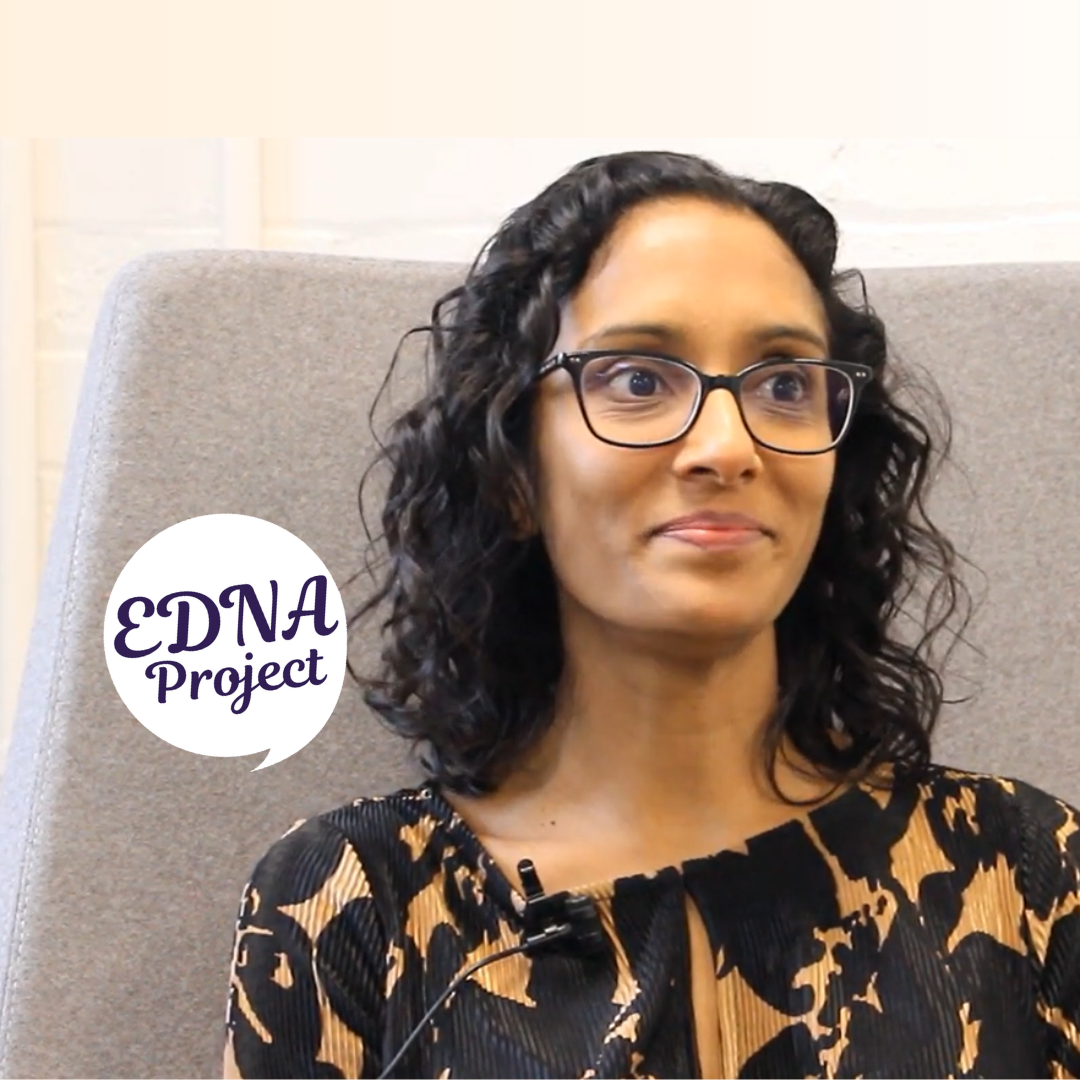Common Concerns
Will I feel like a real mum if it isn’t my egg and I didn’t give birth?
Alongside the excitement of a possible child, there can sometimes be anxiety from the non-biological mum that they won’t feel like, or be recognised as, a ‘real’ mum. This can be especially true if you’d hoped to carry the baby, or use your own eggs, and then that turned out not to be possible for whatever reason. That scenario can bring up a lot of sadness and grief, and it can take time to feel ready to move on to considering a plan B with your partner.
There are many aspects of being a parent. One is obviously the genetic one and the word ‘real’ can be used in that context. But the active role of parenting, providing a home, love, care and attention is a huge component. In that sense, you’ll be just as ‘real’ a parent as your partner. But it’s understandable that people might worry about this and it’s really worth talking it through with your partner and a counsellor if you can. Most clinics offer implications counselling and that can be a very valuable space for exploring any of the more difficult issues that come up, not just this topic.
How will our child feel not having a dad in the family?
Children are all different. Some seem to barely notice that they don’t have a dad and rarely ask questions. Other children express sadness about not having a dad and that can be difficult to hear sometimes. As with so much parenting, the important thing is to make sure you keep your own feelings and needs separate from your child’s and you do your best to create a warm, open environment where your child feels safe and comfortable to express difficult things. Being prepared and thinking about how you might answer questions about ‘dad’, either from your child or from others, can be helpful too. It probably will come up so it’s better to think about it ahead of time. We have resources and support around that so do have a look at our workshops, books and member services.
We’re moving to double donation – how will it feel not to have any genetic link to our child?
The first feeling that many women have when they realise they’re not going to be able to have a child with their own eggs is a deep sense of sadness and grief. It’s really important to acknowledge that and to allow yourselves space to process those feelings.
For some people, that genetic connection is a huge part of what they are looking for in becoming a parent and moving to double or embryo donation, losing that connection, can make people wonder whether they’re a ‘real’ parent. Working through those feelings and what’s at the bottom of them is really important. You might want to have a look at the ‘Making your decision’ pages too, as this explores more about the feelings that can come up. And, of course, consider joining our Network to connect with others and get support. It’s what we’re here for, after all.



